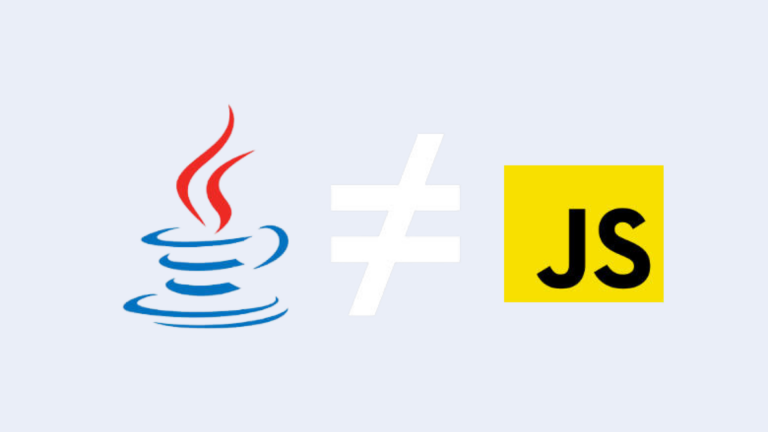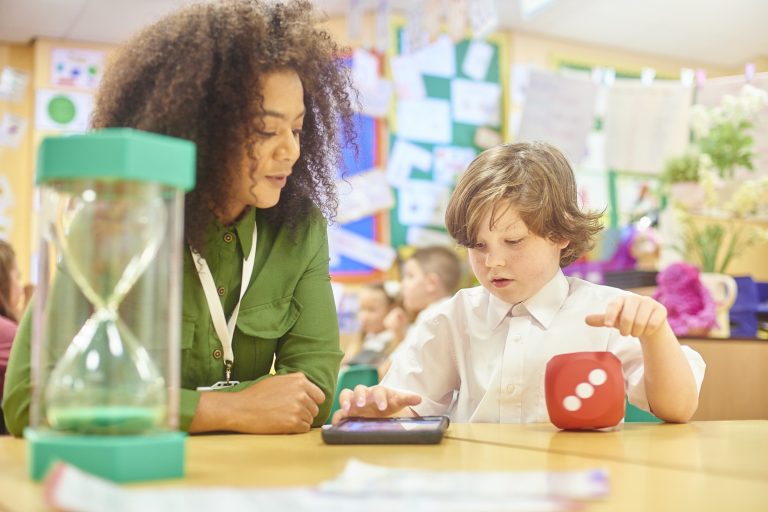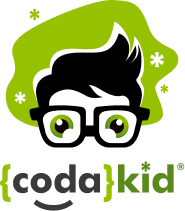Many parents supplement their child’s education with additional learning opportunities outside school. Supplemental learning take many forms, such as extra tutoring, online courses, or participating in enrichment activities. While there is no one-size-fits-all solution, supplemental learning has some general benefits. First, it can help children struggling to keep up with their grade level. They can better understand the material and catch up to their peers by providing extra support and instruction.
Additionally, supplemental learning can help gifted or advanced children stay challenged and engaged. By providing more difficult material or accelerated instruction, they can continue to grow and learn at a pace appropriate for them. Ultimately, supplemental learning can help all children reach their full potential.
Table of Contents
How do you supplement a child’s education?
Many parents supplement their child’s education with extracurricular activities, such as music lessons, sports teams, and art classes. These activities can provide significant learning and growth opportunities and can also be a lot of fun. However, ensuring that the activities you choose are appropriate for your child’s age and interests is essential.
You should also consider whether the activity fits your family’s schedule and budget. If you’re unsure where to start, talk to your child’s teacher or another trusted adult for recommendations. With a bit of planning and effort, you can supplement your child’s education in enjoyable and beneficial ways.
- Blog article: 5 Ways To Educate Our Kids for the Future
How can you improve your child’s focus?
There are a number of things that parents can do to improve their child’s focus. Make sure they have a routine and stick to it. This will help the child know what to expect and when. It is also essential to create a peaceful and inviting learning environment.
On top of that, parents should provide their children with healthy snacks and drinks that will help them to maintain their energy levels throughout the day. Finally, it is helpful to limit screen time and encourage outdoor play, as this can help the child to stay active and engaged. Parents can support their child’s learning and development by taking these steps.
How do you accelerate children’s learning?
There are many ways to accelerate children’s learning. One approach is providing them with additional learning opportunities outside the regular school day. This might involve enrolling them in after-school programs, hiring a tutor, or enrolling them in an accelerated learning program.
Another approach is ensuring they have ample opportunities to practice and apply what they are learning. This might involve creating opportunities for them to use what they are learning in real-world settings, providing frequent opportunities to review and practice concepts, or using technology to help them learn more effectively. Whichever approach you take, the goal is to ensure that your child has plenty of opportunities to learn and grow.
How can supplemental learning challenge my gifted child?
While all kids benefit from a challenging and enriching educational experience, gifted children often need additional learning opportunities in order to reach their full potential. In a standard classroom setting, gifted kids can quickly become bored or frustrated, leading to behavioral problems and a decreased interest in learning.
However, there are many supplemental programs available that can help gifted kids stay engaged and motivated. After-school enrichment classes, for example, can provide an opportunity for gifted kids to explore their interests in greater depth. Similarly, summer camps and online courses can supplement the regular curriculum and help talented kids to stay challenged and engaged. By taking advantage of supplemental learning opportunities, parents can ensure that their gifted child gets the most out of their education.
How do you help your child struggling academically?
Given the importance of a good education, it is no surprise that parents often seek out supplemental learning opportunities for their children. Unfortunately, many kids struggling academically do not have access to the resources they need to succeed. This can be due to various factors, including poverty, living in rural areas, and having parents who did not finish high school. As a result, these kids often fall behind their peers and struggle to catch up.
Supplemental learning programs can give them the extra support they need to succeed. These programs often involve small group or individualized instruction, which can help kids build confidence and improve their academic skills. In addition, supplemental learning programs usually take place outside of school, giving kids an opportunity to learn in a more relaxed setting. By offering supplemental learning opportunities to kids struggling academically, we can help close the achievement gap and ensure that all children have a chance to succeed.
There is no one-size-fits-all solution for kids who are struggling academically, but there are some supplemental learning strategies that can be helpful. One approach is to provide additional instruction in the areas where the child is struggling. This might mean hiring a tutor or working with the child one-on-one to help them catch up.
Another approach is to give the child more time to complete assignments or take tests. This can allow them to process information more slowly and deeply and reduce stress levels. Additionally, kids who are struggling academically may benefit from doing shorter, more frequent assignments rather than longer, less frequent ones. This strategy can help break down daunting tasks into manageable pieces and provide a sense of accomplishment.
Ultimately, the best approach for each child will vary depending on their individual needs. But supplemental learning strategies can be a helpful way to support kids who are struggling academically.
How can you support your child’s learning in the classroom?
As a parent, you play an important role in your child’s education. While the classroom is where most of the learning takes place, there are plenty of ways that you can supplement your child’s learning at home. One way to do this is to provide them with additional resources, such as books, puzzles, and games that focus on educational topics.
You can also create opportunities for them to practice what they’re learning in the classroom by helping them with their homework and providing them with extra challenges. Additionally, simply spending time talking with them about their day and what they’re learning can go a long way toward helping them to retain information. By taking an active role in your child’s education, you can help to ensure that they get the most out of their schooling.
Supplemental learning activities
Reading programs
There is no doubt that reading is a fundamental skill that children need to learn to succeed in school and life. However, far too many kids struggle with reading. A child’s ability to read can profoundly impact their academic success, so it is vital to ensure they get the extra help they need to master this critical skill.
Luckily, several supplemental learning activities can help kids learn to read. Reading programs like Reading Eggs make learning to read fun and engaging for kids, with great online reading games and activities. These programs can make a big difference for struggling readers and help them develop the skills they need to succeed.
Math programs
While many different supplemental math programs are available, finding ones that effectively build skills, engage students, and boost learning can be challenging. However, Prodigy Math is a program that does all of those things. First and foremost, Prodigy Math is designed to build math skills. The program starts by assessing each student’s level and providing targeted content and activities to help them grow.
In addition, the program is very engaging, thanks to its vibrant graphics and exciting gameplay. Students are motivated to keep learning as they progress through the game and earn rewards. Finally, the program has been shown to boost learning, with students making significant gains in math proficiency after just one year. Prodigy Math is an excellent supplemental math program that can benefit any student.
Coding for kids
It’s no secret that many kids today are interested in coding. Aside from being a fun and engaging activity, coding can also teach kids essential skills such as problem-solving, critical thinking, and creativity. Luckily, there are a variety of supplemental learning activities that can help kids to get started with coding. For example, there are online courses specifically designed for kids, as well as apps and games that can introduce them to the basics of coding in a fun and interactive way.
Codakid offers online coding courses for kids of all ages, designed to teach the basics fun and engaging. The lessons start with the basics, like how to create a simple program, and gradually introduce more complex concepts. By the end of the course, kids will have a strong foundation in coding and be able to create their programs. In addition to the online courses, Codakid offers one-on-one mentoring sessions, so kids can get additional help and support if needed. With Codakid, learning to code can be easy and fun!
- Blog Article: 10 Reasons Why Your Kids Should Learn to Code This Year
How does online tutoring work?
Online tutoring is a great way to supplement your child’s education. It allows them to receive extra help in areas where they struggle. It also allows them to get ahead in subjects they are interested in.
Online tutoring is typically done through a specific program or website. This program will match your child with a qualified tutor to help with their particular needs. The tutor and student will then meet online at a mutually agreed-upon time. During the session, the tutor will provide instruction and answer any questions the student may have. These sessions are usually between 30 and 60 minutes long. Online tutoring is an effective way to provide your child with the extra help they need to succeed.
Conclusion
The bottom line is that supplemental learning can help kids in various ways and should be considered an important part of their education. If you’re looking for a way to give your child an edge, look into supplemental learning programs and see how they could benefit your child. With the right program, your child may soon be on their way to academic success.























